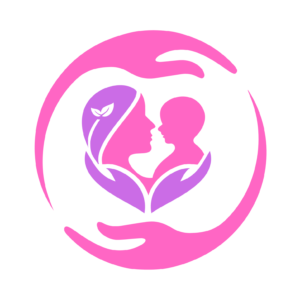Pregnancy is the condition in which a fetus develops inside a woman’s uterus. It usually lasts about 40 weeks, divided into three trimesters, each about 13 weeks long. Pregnancy begins with fertilization, when a sperm fertilizes an egg, creating a fertilized egg (zygote) that travels to implant in the uterus. This process leads to the growth and development of the embryo, later called a fetus, until birth.
During pregnancy, the body undergoes many changes to support fetal development, including hormonal shifts, increased blood volume, and physical changes in the reproductive organs. Pregnancy can occur naturally or through assisted reproductive technologies, and it typically ends with childbirth, although it can also result in miscarriage or stillbirth.
Key early signs include missed periods, nausea, and fatigue, and prenatal care is essential for maintaining health throughout the pregnancy
